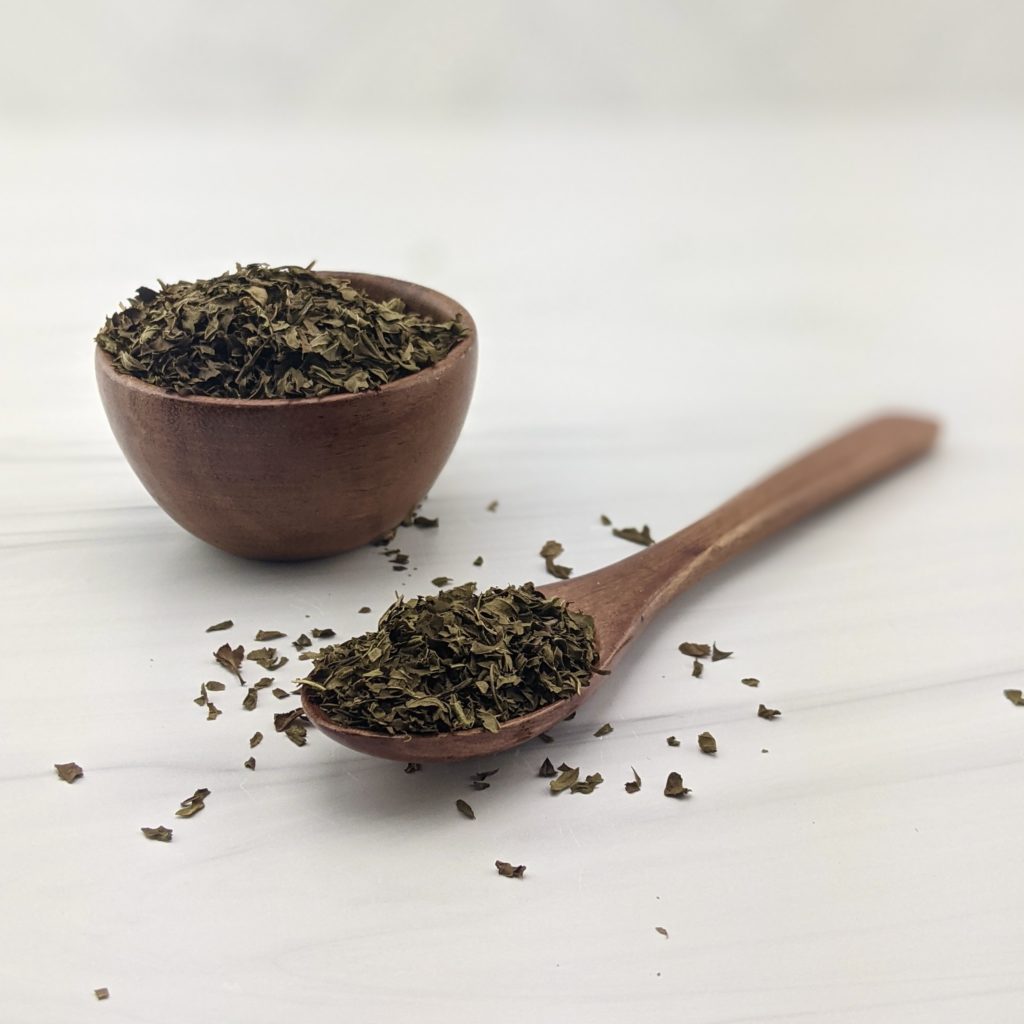Uncategorized
Know Your Herbs: Peppermint
Peppermint is a hybrid between water mint and spearmint, two popular mints that have been used for thousands of years by the Greeks, Romans, and Egyptians for their health benefits. Although mints have been used for centuries, it wasn’t until the late 17th century that peppermint was recognized as a unique subspecies. Peppermint leaf can be obtained in a variety of forms, including tea, pills, and an extract.
Origin
Peppermint has origins in northern Africa and the Mediterranean and is grown throughout Europe, North America, and Australia.
Health benefits
The cooling sensation of peppermint along with its smell and flavor make it the perfect herb for freshness but there are many health benefits that go along with this multifaceted herb. These are some of the key benefits of peppermint:
- Fights a fever
A major component of peppermint is menthol, which has been demonstrated to be effective in reducing fevers. Sipping on a hot cup of mint tea is not only both refreshing and comforting, but it can cause you to sweat, which is the body’s natural way of cooling itself down. The extra fluids also aid in detoxification, allowing your body to rid itself of the source of your cold, flu, and fever sooner rather than later. At the same time, the menthol acts inside to lower your body’s temperature, which helps to bring your fever down. The fact that menthol is also a natural muscle relaxant means that it can assist to ease the aches and pains that occur with a high temperature.
- Soothes your stomach
Peppermint contains ingredients that help to relax the tissues of the gastrointestinal tracts. Peppermint and other herbal medications have been demonstrated in a few studies to be effective in relieving stomach pain in children. Other research suggests that it may also be beneficial in the treatment of nausea and vomiting associated with chemotherapy.
- Helps a headache
Menthol is the primary active component in peppermint. According to several small studies, it may be effective in alleviating the pain of migraine headaches. Other symptoms such as light sensitivity, nausea, and vomiting may also be alleviated by using this herb. Putting a peppermint oil solution to your forehead and temples can also help relieve tension headaches and tension-related headaches.
- Banishes the bacteria
Apart from the fact that peppermint has a freshening effect on your breath, its antibacterial characteristics may also aid in eliminating the source of that unpleasant odor: germs. It is believed to prevent bacteria from building a coating on your teeth, which helps to keep your teeth in good condition.
- Deals with digestion
Ever wondered why after-dinner mints are a thing? Well, it originates from the herb’s multiple properties, which include refreshing breath while also aiding the digestive tract by reducing spasms in the digestive tract. After taking peppermint, your body is more relaxed, which allows it to digest the food more effectively.
Why we offer it
Peppermint is the backbone ingredient in Live Berry Well’s Breathe Well Tea, adding that extra oomph of freshness. Taking Breathe Well Tea and elderberry syrup at the onset of a cold can significantly reduce your symptoms.

